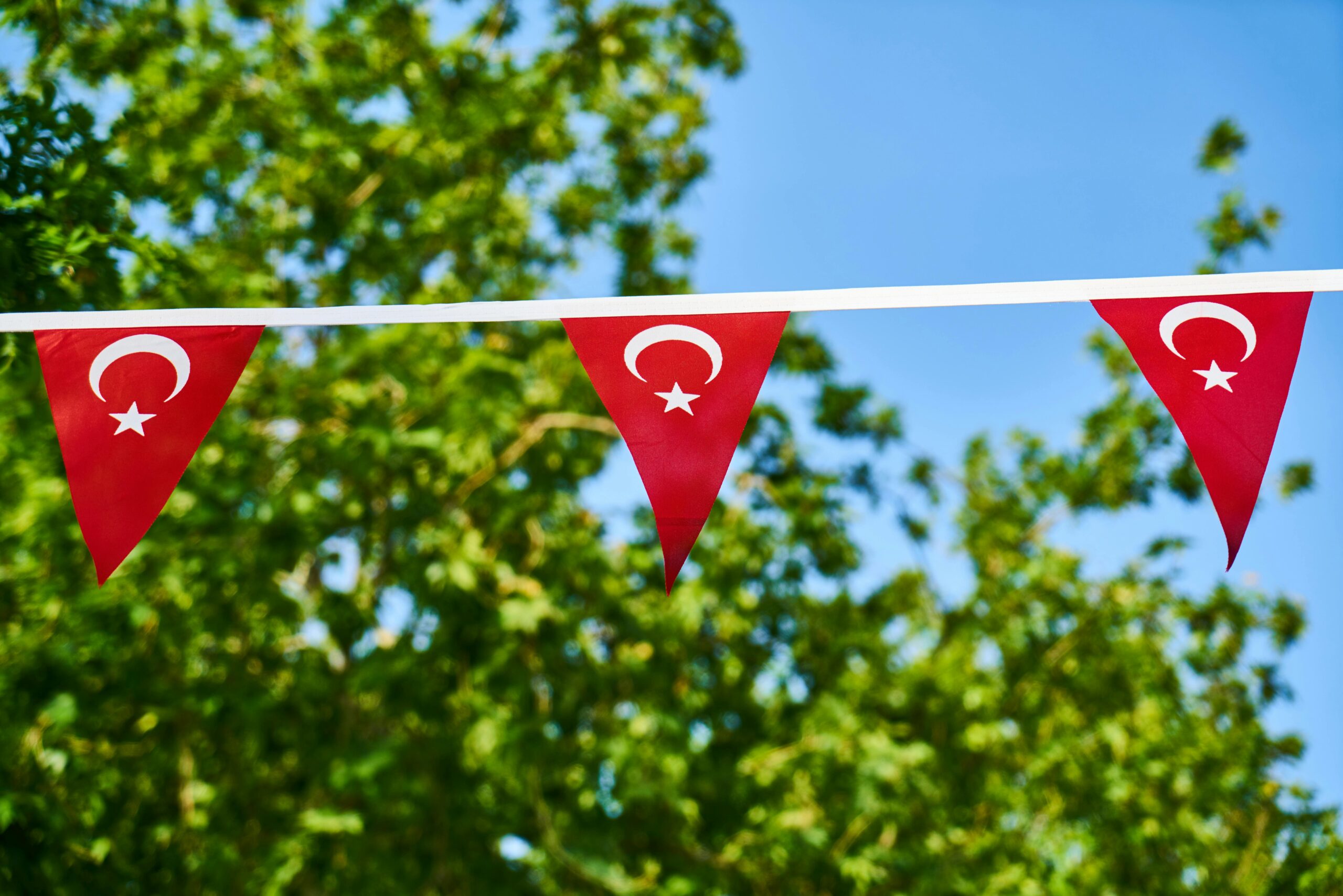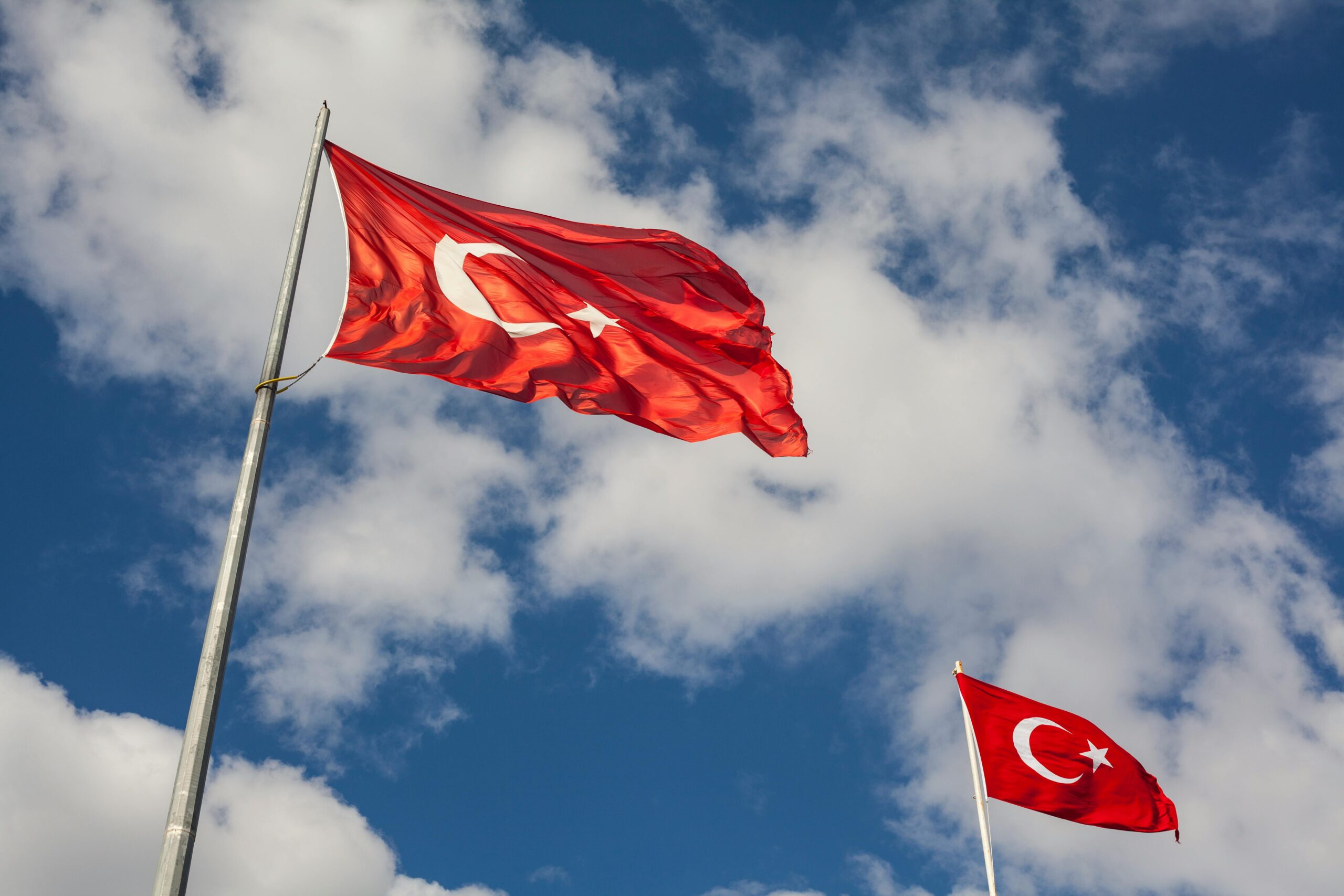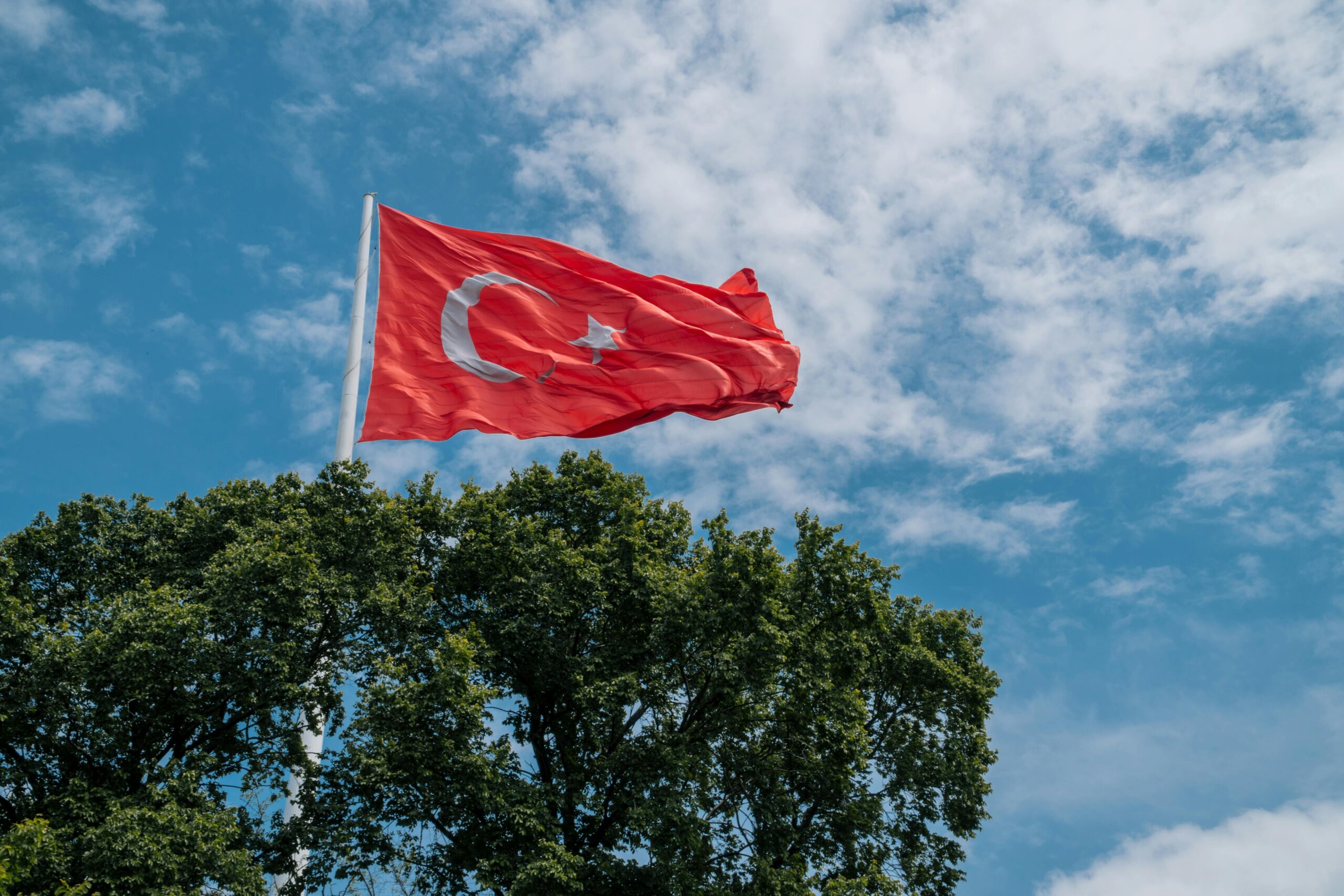The term Utanmaz Türklere holds a complex and multifaceted significance within Turkish culture, reflecting deep-rooted historical narratives and societal perceptions. This article delves into the intricate layers of this term, exploring its evolution over time, cultural implications, and impact on Turkish identity.
By examining the historical context, modern interpretations, and debates surrounding Utanmaz Türklere,we aim to shed light on the nuanced understanding of this concept and address misconceptions that may have arisen. Through an exploration of its meaning, symbolism, and contemporary relevance, this article seeks to provide a comprehensive overview of how “Utanmaz Türklere” shapes and reflects Turkish society.
Introduction to “Utanmaz Türklere”
In Turkish culture, the term “Utanmaz Türklere” holds a unique place, reflecting a mix of humor, irony, and societal observations.
Defining the Term
“Utanmaz Türklere” directly translates to “shameless Turks,” a colloquial expression used to describe individuals who exhibit audacious or brazen behavior.
Significance in Turkish Culture
The term “Utanmaz Türklere” encapsulates a lighthearted yet critical view of societal norms and expectations, often serving as a playful critique of behavior deemed shameless or bold.
Historical Context of the Term
Unpacking the roots of “Utanmaz Türklere” sheds light on its evolution and changing connotations over time.
Origins and Usage in History
The term has historical roots in Turkish culture, originating from traditional values of modesty and propriety, contrasting with behaviors deemed shameless.
Changes in Meaning Over Time
Over time, the meaning of “Utanmaz Türklere” has shifted, reflecting societal changes and evolving attitudes towards audacious behavior and societal norms.
Evolution of the Concept
Examining the social and political influences that have shaped the concept of “Utanmaz Türklere” provides insights into its relevance in modern Turkish society.
Social and Political Influences
The concept of “Utanmaz Türklere” has been influenced by a range of social factors, including cultural shifts, generational changes, and political dynamics.
Impact of Globalization
Globalization has also played a role in shaping the concept, introducing new perspectives and influences that have impacted how “Utanmaz Türklere” is perceived in a broader context.
Cultural Implications and Stereotypes
Exploring the cultural implications and stereotypes associated with “Utanmaz Türklere” offers a deeper understanding of its role in shaping perceptions and narratives.
Perpetuation of Stereotypes
The term “Utanmaz Türklere” can perpetuate stereotypes about Turkish identity, challenging individuals to consider how societal expectations and behavior intersect.
Representation in Media and Literature
Representations of “Utanmaz Türklere” in media and literature further contribute to its cultural significance, reflecting and shaping perceptions of audacious behavior and societal norms.
Modern Interpretations and Debates
Contemporary Views on the Term In recent times, the term “utanmaz Türkler” has sparked diverse interpretations and discussions among scholars and the public alike. Some view it as a call to reflection on societal norms, while others see it as a critique of traditional values.
Ethical Considerations
Ethical debates surrounding the use of the term “utanmaz Türkler” highlight the importance of respecting cultural sensitivities and promoting understanding. Questions arise about the impact of labeling individuals in this manner and the ethical implications of such categorizations.
Reflection of National Identity
The concept of “utanmaz Türkler” sheds light on the complexities of Turkish identity, intertwining notions of shame, pride, and social expectations. It serves as a mirror reflecting societal values and norms, shaping the collective identity of the Turkish people.
Challenges and Opportunities
Navigating the impact of the term “utanmaz Türkler” presents both challenges and opportunities for Turkish society. It offers a chance to engage in introspection and dialogue, addressing issues of morality, cultural heritage, and the evolving dynamics of national identity.
Addressing Misconceptions and Misuse of the Term
Clarifying Misunderstandings Efforts to clarify the meanings and implications of “utanmaz Türkler” are essential in dispelling misconceptions and preventing the term from being misused or misinterpreted. Education and open discussions play a crucial role in fostering a nuanced understanding of its significance.
Educational Initiatives
Promoting educational initiatives that delve into the historical, social, and cultural contexts of the term can help combat stereotypes and foster empathy. By encouraging critical thinking and empathy, these initiatives contribute to a more enlightened discourse surrounding utanmaz Türkler.
Future Perspectives
Summarizing Key Points As we reflect on the multifaceted nature of “utanmaz Türkler,” it becomes evident that the term holds a mirror to Turkish society, challenging us to explore the intricacies of our identity and values. Addressing ethical considerations, promoting understanding, and clarifying misunderstandings are pivotal in shaping a more inclusive and informed discourse.
Looking Ahead:
Trends and Developments Looking to the future, trends suggest a growing awareness of the complexities surrounding terms like “utanmaz Türkler.” Embracing diversity, fostering dialogue, and promoting cultural exchange are promising avenues for building a more cohesive and empathetic society, one that celebrates the richness of Turkish identity while acknowledging its nuances and evolving dynamics.
Conclusion
In conclusion, the term “Utanmaz Türklere” serves as a lens through which to view the complexities of Turkish culture and identity. By delving into its historical roots, cultural implications, and modern interpretations, we have gained a deeper understanding of the rich tapestry that this term weaves within the Turkish context.
As we continue to address misconceptions and engage in meaningful dialogues about its significance, we pave the way for a more nuanced and inclusive understanding of “Utanmaz Türklere” and its role in shaping the collective identity of the Turkish people.



